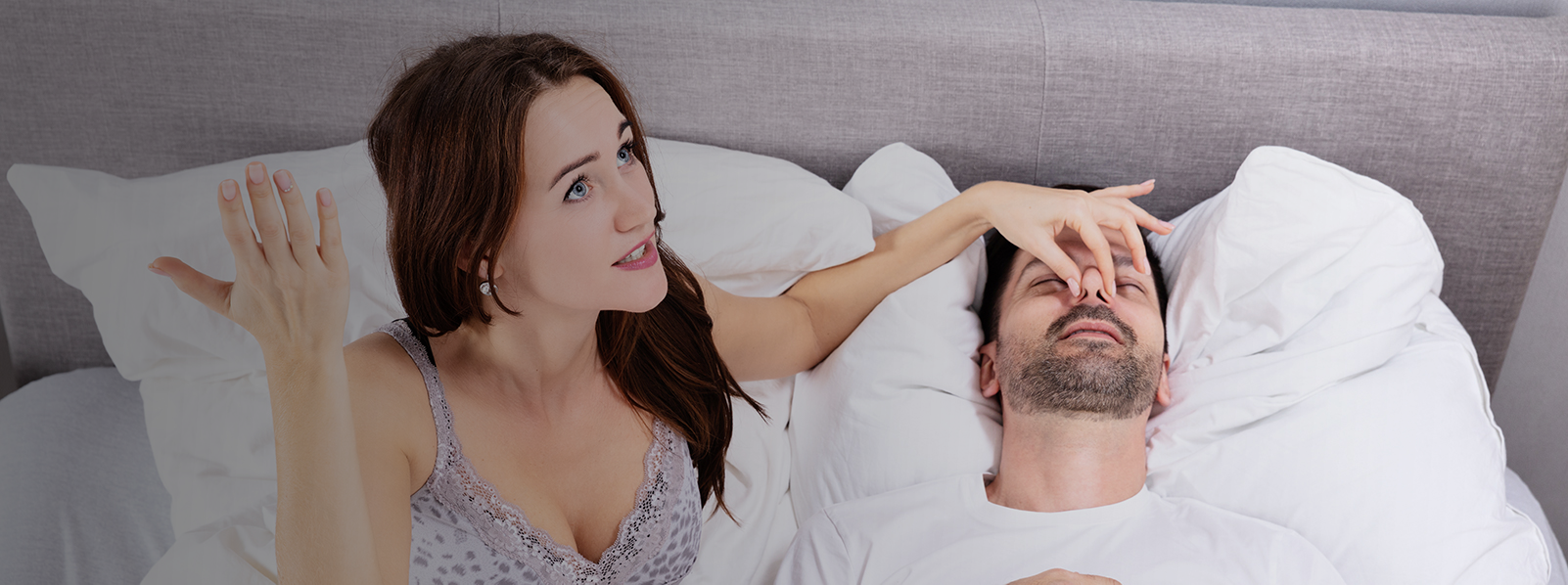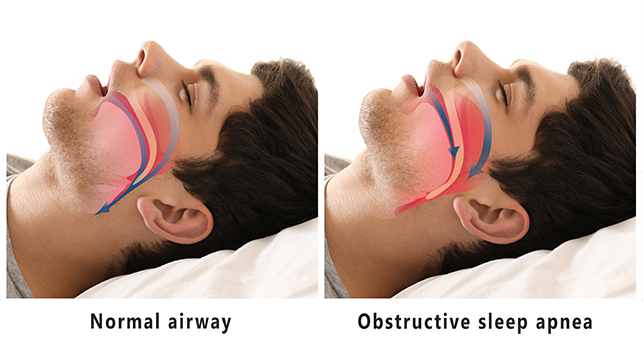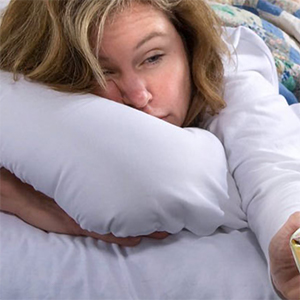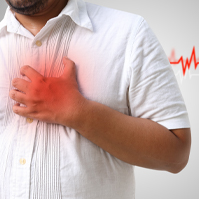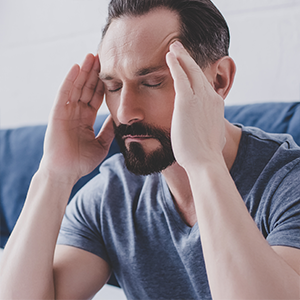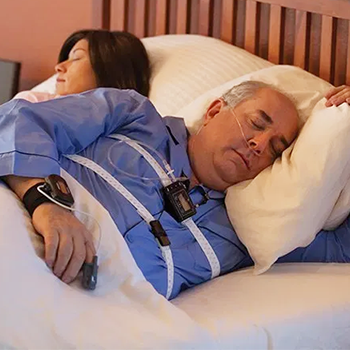What is Sleep Apnea?
Sleep Apnea is a sleep disorder where your natural breathing pattern is interrupted
or briefly paused while you sleep.
There are a few different causes of sleep apnea, but the most common is when the muscles which control the upper airway in your throat relax too much whilst you are asleep. If this happens, the upper airway narrows and you may begin to snore or take shallow breaths. If the airway narrows even further, it may become completely blocked and you will temporarily stop breathing.
In response to this cessation of breath, your body will arouse you with a cough, a choke or a snort to restore normal breathing again. Often, this disturbance is so brief that you won’t fully wake or even remember it the following morning.
If this was to happen once or twice a night, it wouldn’t be much of an issue, but people with sleep apnea may have this occur several hundred times a night. This constant lack of oxygen combined with the continual disruption to your sleep patterns over and over again leads to a poor quality sleep.
Common causes of Sleep Apnea
While everyone is different, in general, the following are known to contribute to Sleep Apnea:
- Throat muscle weakness
- Excessive fat in or around the throat due to obesity
- Small upper airway
- Shape of your head and neck
- Sleeping on your back
- Nasal obstruction or congestion
- Older age
- Sleeping medication
- Relaxants such as alcohol or drugs
- Pregnancy
- Swollen tissue such as adenoids or tonsils

Who Does Sleep Apnea Affect?
Sleep apnea affects up to 83% of people with cardiovascular disease.2
A Woman is more likely to be diagnosed after menopause or during pregnancy.3
Up to 86% of people with Type II Diabetes have sleep apnea.4
Over 50% of sleep apnea sufferers are overweight.5
Types of Sleep Apnea
Obstructive Sleep Apnea (OSA)
(OSA) is the most common form of sleep apnea and is believed to affect approximately 13% of middle-aged women and 25% of middle-aged men will suffer from OSA in their lifetime1. OSA is a sleep disorder where your natural breathing pattern is interrupted while you sleep. The muscles which control the upper airway in your throat relax too much whilst you are asleep. If this happens, the upper airway narrows and you may begin to snore or take shallow breaths. If the airway narrows even further, itmay become completely blocked and you will temporarily stop breathing. Hence why it is an ‘obstructive’ apnea. In response to this cessation of breath, your body will arouse you with a cough, a choke or a snort to restore normal breathingagain.
Central Sleep Apnea (CSA)
CSA occurs when the brain temporarily fails to signal the muscles responsible for controlling your breathing. Unlike obstructive sleep apnea, which can be thought of as a mechanical problem, central sleep apnea is more of a communication problem. It is often caused by medical problems and conditions that affect the brainstem2.
Central sleep apnea is also much less common than obstructive sleep apnea. Some estimates claim that approximately 20% of sleep apnea cases are CSA, but many others believe that number to be much lower6.
Mixed Sleep Apnea
Mixed sleep apnea is a combination of both obstructive and central sleep apnea. Some people being treated for OSA with the use of a CPAP machine may develop symptoms of CSA upon commencing CPAP therapy. In 2006 researchers from the Mayo Clinic conducted a study of 223 sleep apnea patients and found that 15% of sleep apnea patients who were believed to have OSA in fact had mixed sleep apnea2.
(1) Marshall et al. Sleep 2008
(2) How Sleep Apnea Affects the Heart, Harvard Health Publishing, Harvard Medical School, 2013
(3) ResMed Australia, What is Sleep Apnea, 2020
(4) Foster, G., Sanders, M, Millman, R, et al. Obstructive sleep apnea among obese patients with Type 2 diabetes, Diabetes Care, 2009.
(5) WebMD, Sleep Apnea Symptoms, 2019
(6) Science Daily, 2006

Are You at Risk?
If left untreated, sleep apnea can put you at risk of other more serious health issues.
Treatment is available, so talk to us about it today.


Your Sleep Health Journey


